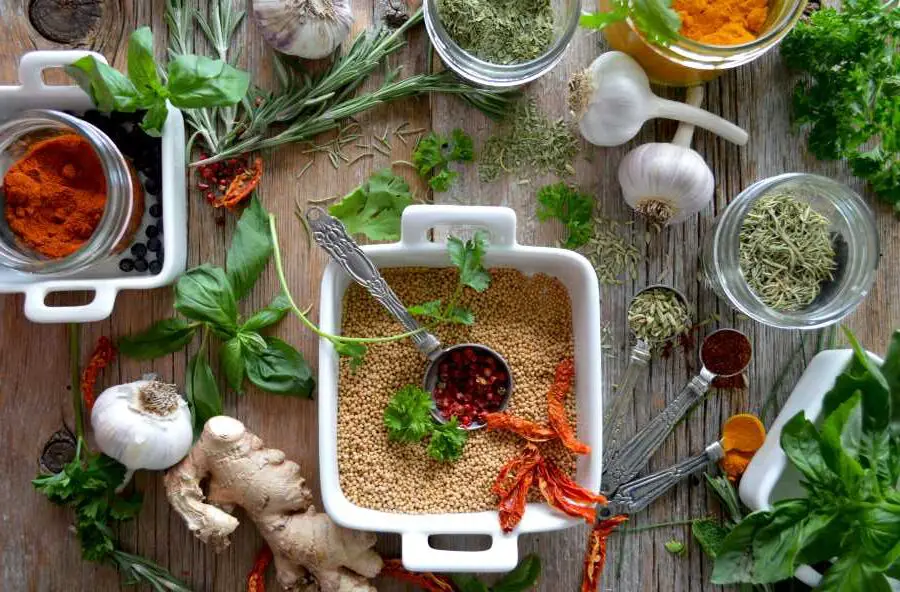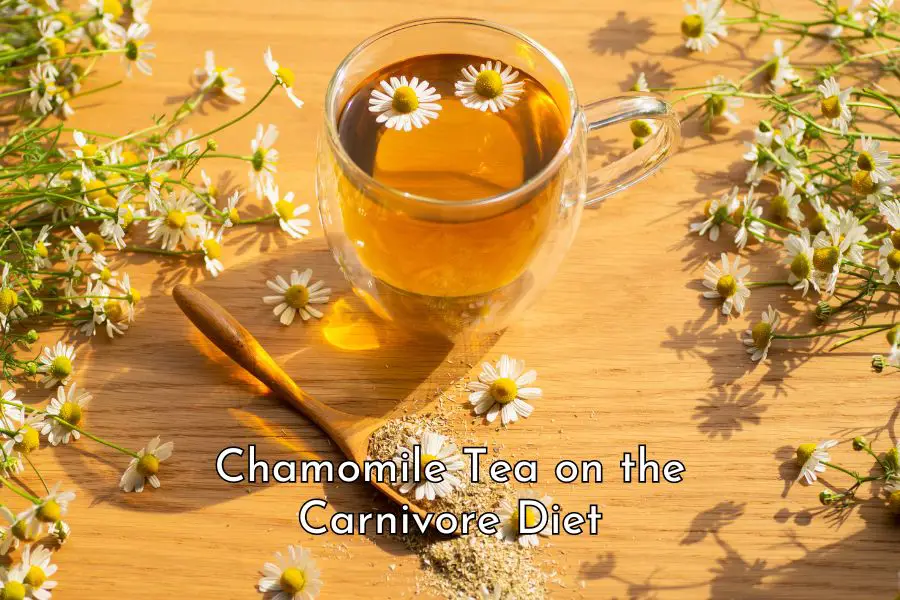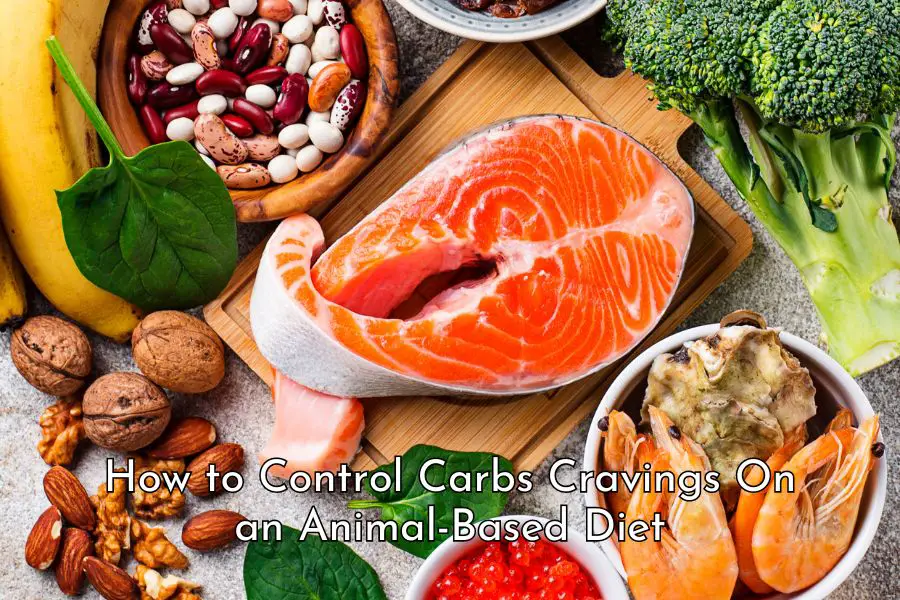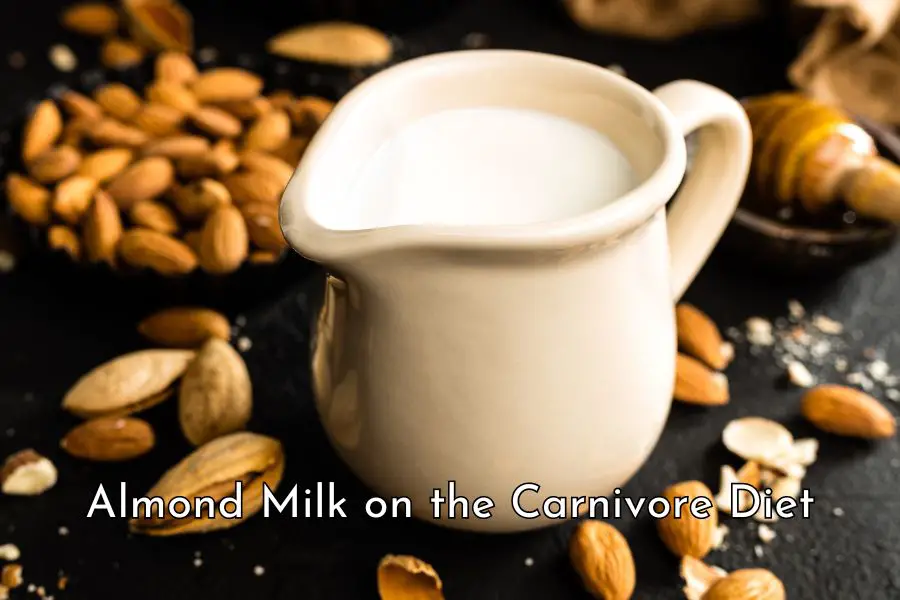Seasonings like herbs and spices are used to enhance flavor in food. Technically, herbs and spices are not carnivore food. Lions, wolves, leopards, or hyenas don’t season their prey before devouring them. Our ancestors were unlikely to have added anything to their meat after a fresh kill. So can you still use herbs and spices on the carnivore diet?
It is perfectly fine to use herbs and spices on the carnivore diet if well tolerated, because although these seasonings can have anti-nutrients in them, the amount is minuscule and can act as beneficial acute stressors to make your body more resilient and stronger. A small amount of plant food can also help you maintain your metabolic flexibility and make your carnivore diet easier to stick to. Though our ancestors thrived on a meat-based diet for millions of years, they were unlikely to have been exclusively carnivores.
What are herbs and spices?
Herbs
Herbs are leaves that mostly come from herbaceous plants (a small, seed-bearing plant without a woody stem) such as basil, cilantro, chives, dill, mint, parsley, and oregano. But a few herbs also come from woody plants such as bay leaf, rosemary, and thyme.[1]
Herbs are used in cooking to add flavor or color, garnish, or preserve. They are also used in traditional medicines.
Spices
Spices are made from the aromatic seeds, bark, flowers, and roots of plants that have been dried and crushed.[2]
Some commonly used spices are cinnamon, peppercorns, chili pepper, ginger, turmeric, nutmeg, paprika, coriander, cloves, and cumin.
Spices tend to be stronger in flavor than herbs because they are made from crushed portions of plants that are especially rich in essential oils.[3]
Health benefits of herbs and spices
There are claims of health benefits of herbs and spices such as antioxidant, anti-microbial, and anti-inflammatory effects as well as potential protection against cardiovascular disease, neurodegeneration, type 2 diabetes, cancer, and other diseases.[4, 5, 6, 7]
However, because herbs and spices are normally consumed in very small quantities and in combination with other foods, it is impossible to deduce their exact health benefits. Many studies were also carried out where herbs and spices were administered through capsules, tablets, or other artificial forms, and not in the form of the whole food. [8, 9]
Furthermore, as with studies on the health benefits of phytochemicals in fruits and vegetables in general, the claims of health benefits of herbs and spices are based on observational studies only and can only show associations, not causation.
Can you use herbs and spices on the carnivore diet?
In summary, you can use herbs and spices on the carnivore diet if you don’t have any health problems associated with using them. This is because:
- Although herbs and spices can have anti-nutrients in them, the amount is minuscule
- Plant anti-nutrients can act as acute stressors to make your body more resilient and stronger
- A small amount of plant food can also help you maintain your metabolic flexibility
- Our ancestors thrived on a meat-based diet for millions of years but were unlikely to have been exclusively carnivores
- Herbs and spices may even help you handle the carnivore diet a little easier.
Amount of plant anti-nutrients in herbs and spices are minuscule
The amount of herbs and spices relative to the main ingredients in a recipe is generally very small. For example, a beef stew recipe requires 3 pounds of beef, 1 bay leaf, 1 tsp thyme, 1 tsp pepper, 1 onion, salt, stock, and some other chopped vegetables. If you want to make a carnivore version of this stew, you can omit the vegetables and keep the seasonings for added flavor. There’ll be less than 1% plant food in this dish. The amount of plant anti-nutrients, therefore, will be minuscule.
However, some regional dishes (e.g. Indian) can call for a huge amount of spices. You would have to try and see how your body reacts to this level of plant food but personally, I would stay away from those recipes that use tons of tomato paste and spices.
You will find that you don’t need to use a lot of herbs and spices on the carnivore diet. Unlike vegetables that are generally very bland on their own, meat tastes great by itself.
I understand that for some people, a bit of pepper sprinkle can trigger a serious reaction. If you are one of those, you’ll have no choice but to go without any herbs or spices.
Small dose anti-nutrients can be beneficial acute stressors
When you consume plant food, the anti-nutrients in it actually cause inflammation in your body. In response, your body produces its own antioxidant called glutathione to reduce inflammation.
Occasional exposure to these anti-nutrients can be a form of beneficial acute stressor that can help make your body adapt and become more resilient and stronger. Of course, too much and too often, it will become a form of chronic stressors instead.
If you can’t handle even a small amount of plant foods for health reasons, there are a number of alternatives to getting those acute stressors to build a stronger body from non-plant sources (see this post for further detail):
- Physical exercise
- Cold exposure
- Heat exposure
- Immersing in nature.
A small amount of plant food can also help you maintain your metabolic flexibility
If you follow the strict version of the carnivore diet with zero plant food, over time your body will get used to dealing with only animal-based food.
In scenarios where you suddenly can’t access animal-based food, your life might be in danger and when you find yourself suddenly having to eat plant food for survival, you won’t cope very well. It will take some time for your body to adapt to plant food again.
Our ancestors were unlikely to have been exclusively carnivores
Evidence from human physiology and genetics, archeology, paleontology, and zoology altogether indicates that our ancestors were carnivorous super predators that ate mostly meat from large animals for millions of years. [10]
However, having descended from plant-eating apes, our ancestors were unlikely to have been pure carnivores. They instinctively knew that calorie-dense and nutrient-rich meat were way better than plant food but they wouldn’t have hesitated to eat plant food to survive.
Herbs and spices can even help you succeed with the carnivore diet
It can be boring for some people to just eat meat and drink water day in, day out. If herbs and spices can help make their food more palatable and stay with a mostly meat-based diet in the long term or for the rest of their life, I don’t see any reason why not, especially if they don’t have any specific problem with plant food.
Don’t let the perfect be the enemy of the good. It’s better to be 99% carnivore long term than to be 100% carnivore for 3 months and quit out of boredom.
Herbs and spices can also make it much easier to do the carnivore diet at home, at work or in other social settings. If the rest of your family is not doing the carnivore diet with you, you can still share a dish together sometimes. You can also share some of the food that your omnivore friends enjoy at work functions or at parties. It is also easier to blend in socially.
Using herbs and spices on the carnivore diet
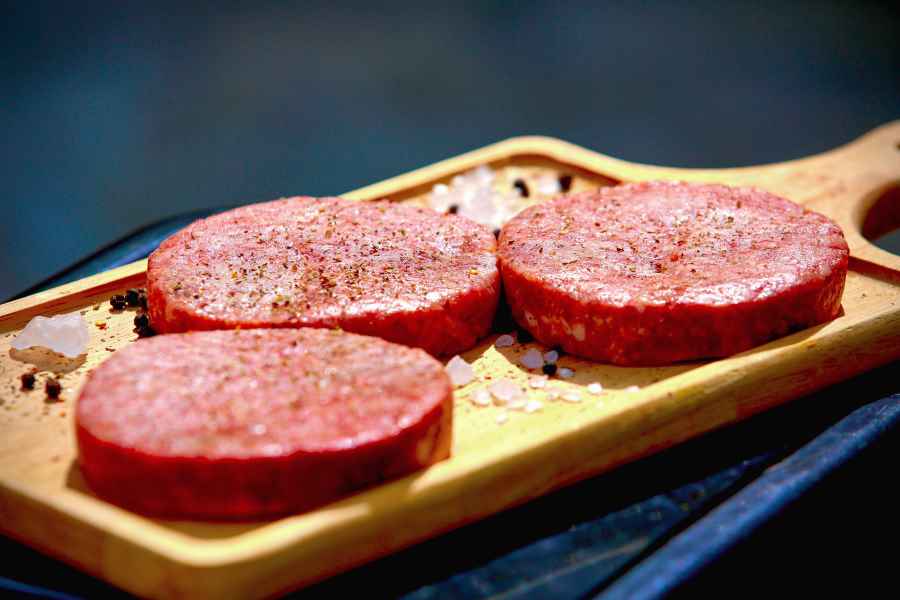
If you use the carnivore diet to treat a health problem
If you start the carnivore diet to treat some health problem that conventional medicines have so far failed to help you with, it’s best to go through a thorough elimination process to ascertain if a certain food is the cause of your problem.
Here is a link to a post that I wrote about the 2 possible elimination approaches using the carnivore diet.
One is the pyramid approach where you start with where you are now, i.e. at the base of the pyramid and gradually go up the pyramid, eliminating plant-based foods (grains, nuts, seeds, vegetables, etc.) and other potentially troublesome animal-based foods (e.g. eggs, dairy, chicken) over time.
The other is the inverted pyramid approach where you start at the apex of the pyramid with just one food group that you feel the safest and gradually add more food groups back over time and see if your body is okay with them.
During this elimination process, treat herbs and spices as potential suspects and eliminate them as well.
After you’ve been able to identify the troublesome food and successfully treat your health problem, you can gradually introduce one food back at a time and see if you can now handle it.
If you use the carnivore diet to improve general health
If you don’t have any specific health issues, have no problems eating plant food, and just want to start the carnivore to improve your health in general, feel free to use herbs and spices as you like.
As a general rule, use them sparingly, aim for variety, and rotate regularly. Fresh is always better. Herbs probably will have a lower amount of anti-nutrients compared to spices which are made from seeds (plants’ precious babies!), barks, and roots.
If you have space in your house, invest in a small herb garden, you will always have fresh seasonal herbs to use that is free from nasty chemicals.

Overeating on the carnivore diet due to herbs and spices
Some people argue against the use of herbs and spices on the carnivore diet because the enhanced flavor food may result in overeating.
Personally, I have not experienced this. However, if you are trying to lose weight using the carnivore diet, try experiementing with and without herbs and spices and monitor your food intake to see if there is any difference.
Disclaimer: The information in this post is for reference purposes only and not intended to constitute or replace professional medical advice. Please consult a qualified medical professional before making any changes to your diet or lifestyle.

